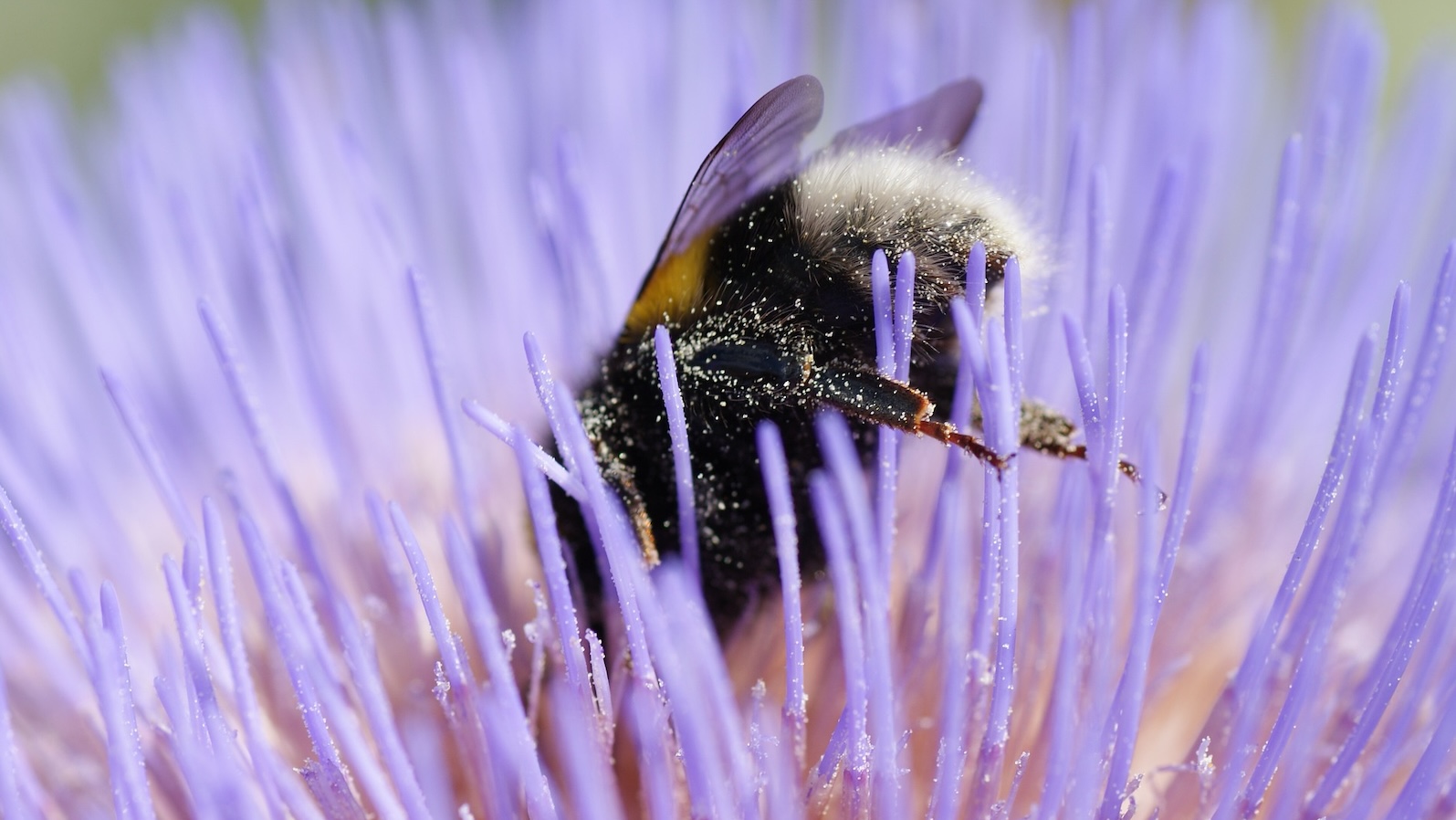
Help save the bees with a matched donation this Earth Day
Until midnight on April 22, generous donors will match your Earth Day gift, up to $50,000 nationwide. Will you donate to have twice the impact?
A contentious amendment blocks a court ruling that NOAA must do more to abide by our nation’s species laws and protect this whale
In a move last week that could spell the end for the critically endangered North Atlantic right whale, Congress tacked on a provision that blocks a court ruling that additional protections are legally required to protect this species.
With fewer than 340 of these whales alive and deaths outweighing births, we need stronger protections. Scientists say the species can afford fewer than one non-natural death a year, yet we are in the midst of what the National Oceanic and Atmospheric Association (NOAA) calls an ongoing “unusual mortality event.” The leading cause of death and serious injury is fishing gear entanglements, and this year alone at least five whales have been spotted with new fishing line entanglements, which experts say will likely result in death.
This last minute legislative amendment was inserted to protect lobster fishermen and women who’ve come under fire because their vertical ropes entangle whales. And while it’s an understandable impulse to protect hard-working, salt-of-the-earth people, lobstering in New England doesn’t have to be an either/or proposition. As my colleague told E&E News, “We can have our right whales and eat lobster, too. There’s no reason why the lobster industry can’t do business as usual with one change — using ropeless gear that won’t entangle, injure and kill our quickly disappearing right whale population.”
Indeed, ropeless technology is a whale-safe alternative, albeit one that many lobstering companies have been slow to use.
We were hopeful that the court case would force NOAA to speed the transition to ropeless gear by closing certain ocean areas frequented by right whales to fishing gear with ropes, while allowing ropeless gear in. But that is now on hold for six years – time that the right whale may not have.
Inserting this provision into a must-pass bill and undermining both a court case and future agency actions seriously harms the whale and threatens our planet. Congress put up a major roadblock, but we’re still working to save the right whale by creating a market for whale safe gear.
Until midnight on April 22, generous donors will match your Earth Day gift, up to $50,000 nationwide. Will you donate to have twice the impact?
Donate Today
